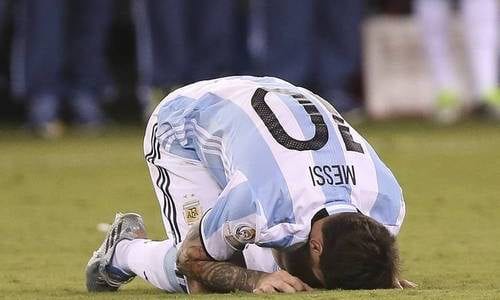
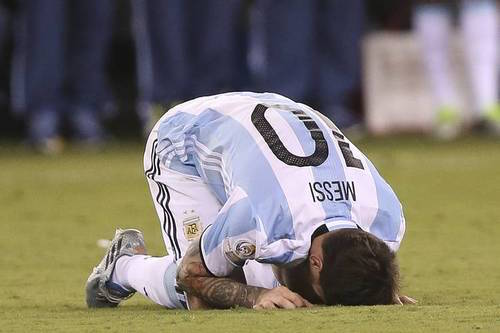
How To Quickly Let Go and Move on From Mistakes
LEVELUP INSIDERS September 10, 2019 Erika Westhoff 0

There’s Value in Your Mistakes.
Making mistakes are a valuable mode of learning in sport. Athletes spend a lot of time fearing mistakes and coaches spend a lot of time reprimanding players for making them. How do you move on from mistakes?
Ironically, trying to avoid mistakes is a sure-fire way to perform conservatively (at best) and poorly (most often).
Some of the greatest coaches I have worked with during my career talk about the value of mistakes and they encourage their players to take risks.
The idea, of course, is that if a player feels comfortable taking risks, they will acquire new skills faster, but it may cost a “failure” or two in the beginning.
A huge component of mental toughness is mistake recovery. That is, when a mistake happens, how quickly can an athlete learn to let go and move on from a mistake?
Let Go and Move on
For many athletes, this process is easier said then done.
Here is your go-to list for efficiently managing mistakes during your next practice or competition.
>> Quick Correction — Most high school athletes are experienced enough to know IMMEDIATELY what went wrong.
Make a quick “mental correction” (ex. “elbow straight, follow through”). If you don’t know what went wrong, check-in with your coach post game. Lack of clarity on corrections will chip away at your confidence.
>> Breathe — A slow deep breath (between points or during stoppage) may be one of the most under-valued mental skills in existence.
When we grind away on, “Ugh…I CAN’T BELIEVE I JUST DID THAT!,” muscle tension goes up. And fine motor skills (accuracy, technical skills) deteriorate. That then leads to more mistakes.
A simple breath can bring awareness that you need to make a shift. And then allows your tension to come down a notch or two.
>> Refocus — Shifting away from what just happened on to what will happen next is the final, and most important step.
The next point, next shot, next play. Prepare mentally and your body will follow.
Refocusing should sound like simple, concise instructions, “Eyes up, stay low.”
Mental toughness is all about doing simple things with tremendous discipline and consistency.
Recovering quickly from mistakes is a skill, and like any other. It needs to be practiced with quality and consistency in order to hold up under the pressure of the game.
Erika Carlson is a certified mental trainer and owner of EW Performance in Pleasanton.
[bsa_pro_ad_space id=10]

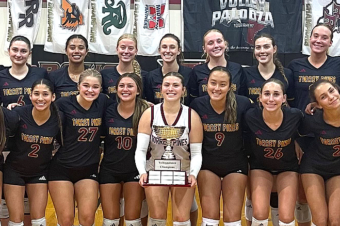

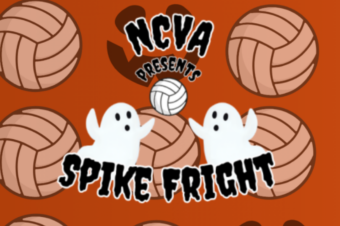



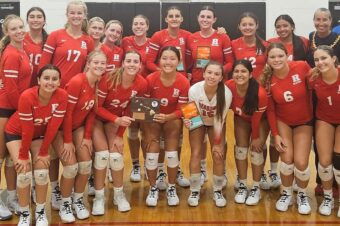
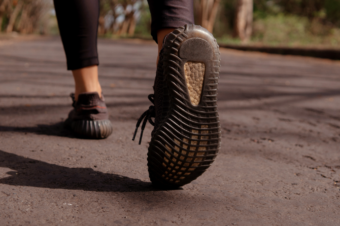
No comments so far.
Be first to leave comment below.